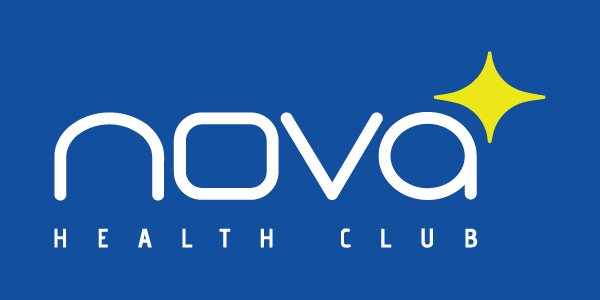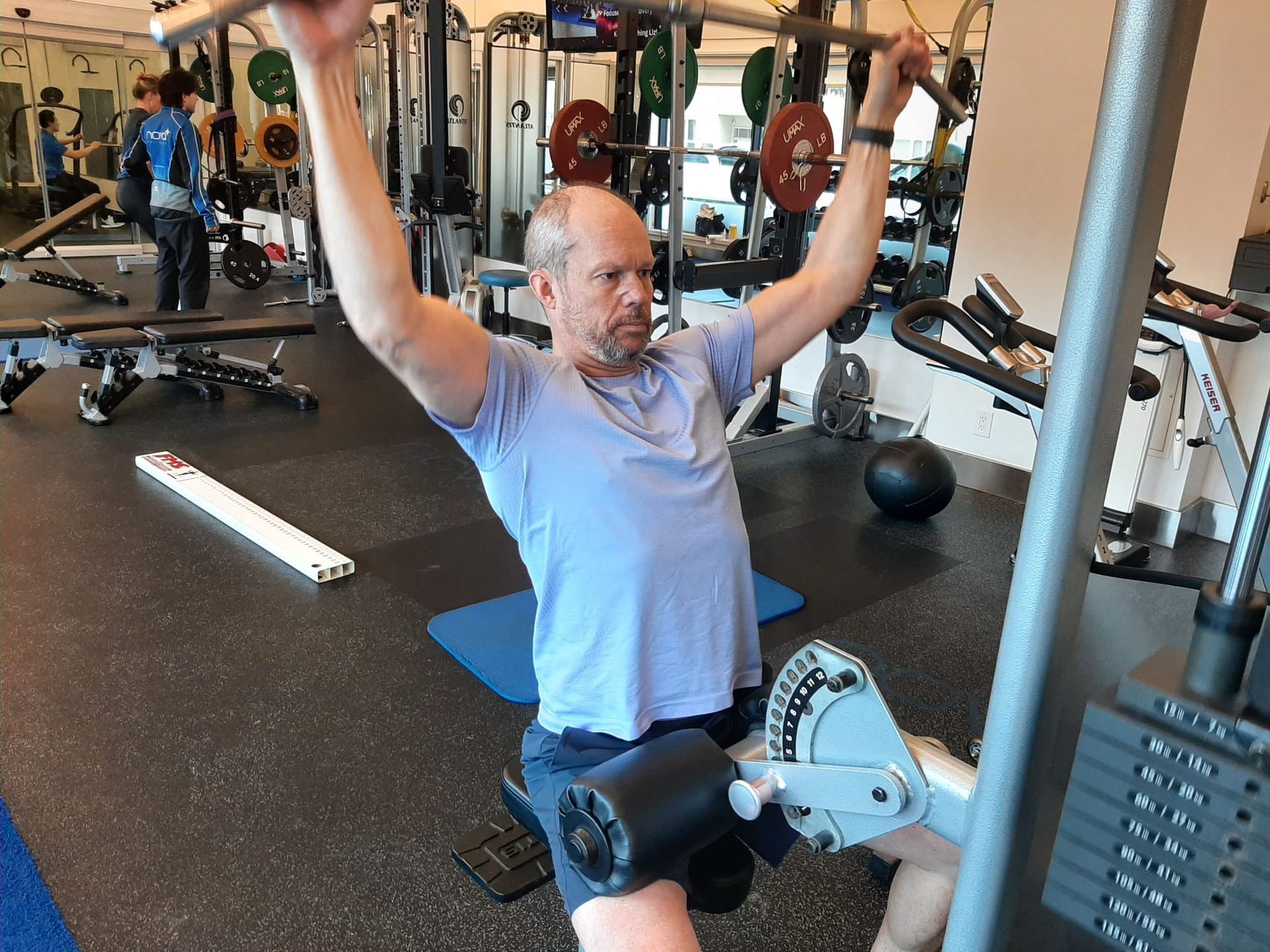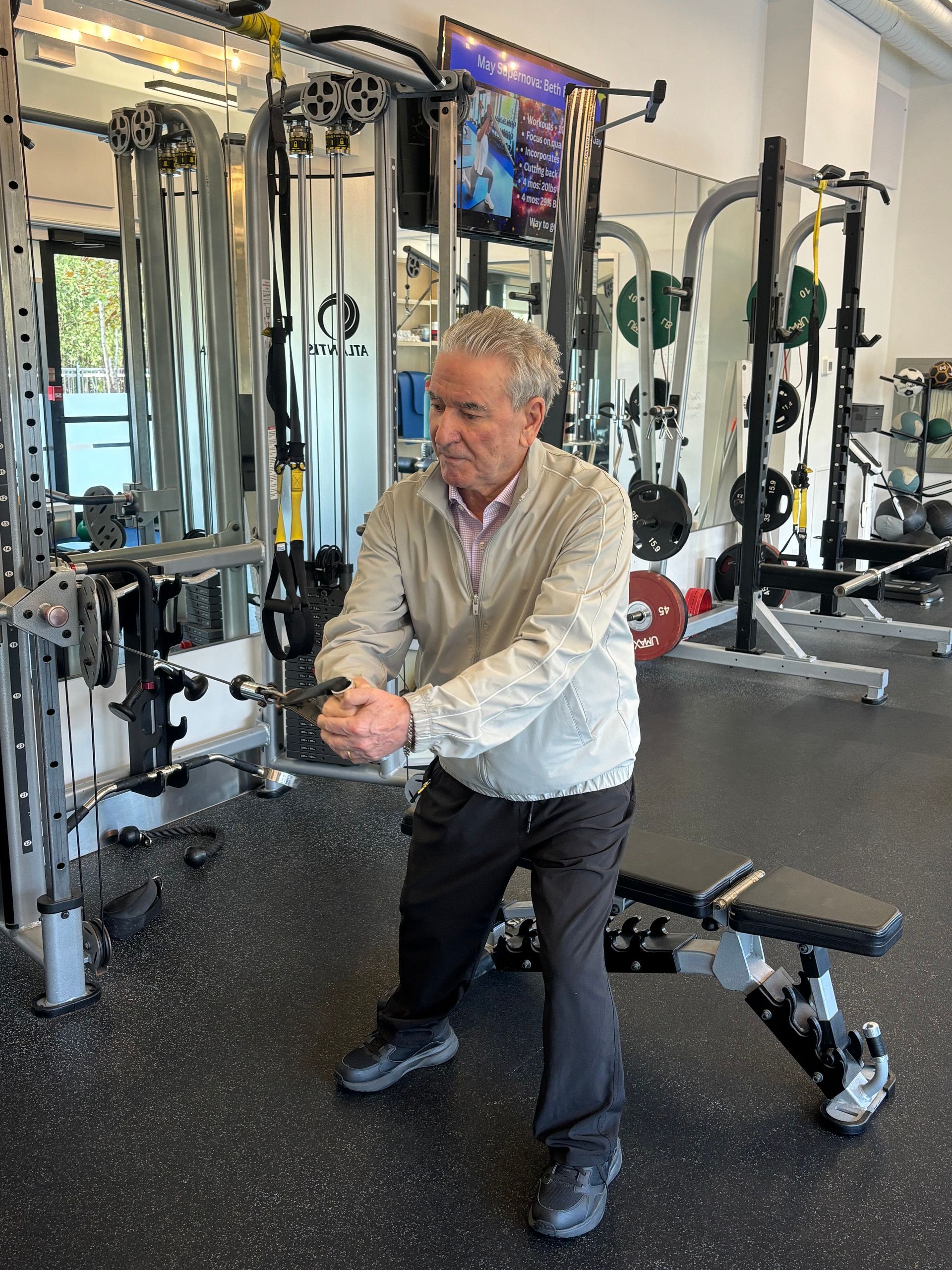What To Know Before You Try Intermittent Fasting: A Guide for Beginners
What is Intermittent Fasting?
One of the nutritional strategies that has been gaining popularity recently is time restricted eating (TRE) (often referred to as intermittent fasting). The basic principle of this is that you have a smaller than normal eating window, the most popular being 16:8 which involves eating for 8 hours of the day and fasting for the other 16 (which includes sleeping). There are many more ways to achieve this type of fasting (including doing day-long fasts, etc.) but we will focus on the most popular version of this nutritional strategy.
Intermittent fasting has been touted for not only body composition changes but also cellular and metabolic changes. As mentioned previously the two components that determine the weight loss effects of TRE are a caloric deficit and your ability to adhere to the nutritional strategy. If you are following TRE and only eating in an 8-hour window but consuming a larger number of calories than you are burning you will not get the benefits of weight loss, but you may still benefit from the other benefits of not grazing from morning until night.
Benefits:
- Decreasing oxidative stress and overall inflammation of the body
- Decreasing your chances of developing type 2 diabetes. In a study with men with pre-diabetes, they compared a 12-hour eating period to a 6-hour feeding period. Those on the 6-hour plan found an improvement in their insulin sensitivity, blood pressure and appetite. (2)
- Animal testing has suggested that TRE may be protective against neurodegenerative disease like Alzheimer’s (more testing is needed).
- Are you worried about skipping breakfast? Research shows that if you consume breakfast you will burn more calories throughout the morning. That being said, if you skip breakfast or consume breakfast the calories you burn over 24 hours are equal. (1) Which means while you may burn more calories by movement in the morning if you consume breakfast, your overall daily calorie burn from movement is equal either way.
Is it Right for You?
For weight loss the research goes both ways and overall it’s the caloric restriction that pays off. It comes down to personal preference, some do find it easier to not over consume for the day if they do not consume breakfast. On the other hand if you tend to have early morning workouts it can be challenging and cause either low energy workouts or low blood sugar after your workout. It’s important to note that in the first 10 days of intermittent fasting a decrease in high intensity performance can be seen. It has been determined that you must follow the system for greater than 10 days to ensure performance doesn’t deteriorate. After this time adaptation to the new dietary regimen can be seen. (3)
It’s up to you to decide if this is the right nutritional strategy for your life, we have discussed the weight loss component and touched on some of the other health benefits of intermittent fasting. If the other health benefits are something that interest you it’s a great time to start talking about it with someone and looking into fasting.
1. Chowdhury EA, Richardson JD.(2016 March) The causal role of breakfast in energy balance and health: a randomized controlled trial in obese adults. The Academic Journal of Clinical Nutrition.
2. Sutton EF, Beyl R, Early KS. (2018 May) Early time-restricted feeding improves insulin sensitivity, blood pressure, and oxidative stress even without weight loss in men with prediabetes. Cell Metabolism.
3. Naharudin MNB, Yusof A. (2018 February) The effect of 10 days of intermittent fasting on Wingate anaerobic power and prolonged high- intensity time-to-exhaustion cycling performance. European Journal of Sport Science.











